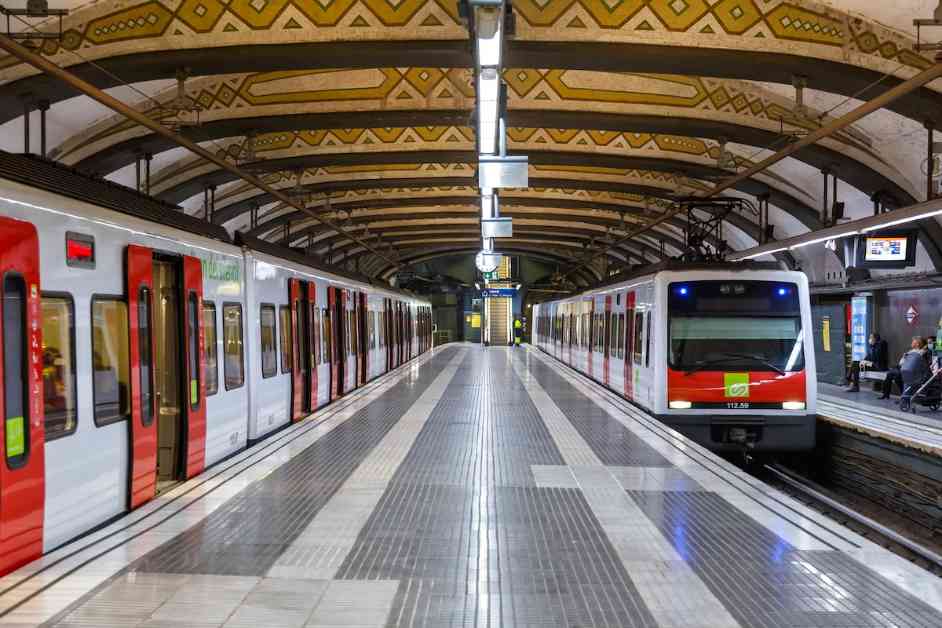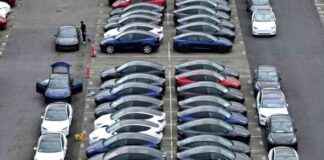The Metro Barcelona Catalunya subway station in Barcelona, Spain on Feb. 19, 2022. Boarding1Now / iStock Editorial / Getty Images Plus
In a groundbreaking move toward sustainability, Barcelona has harnessed the power of train brakes to charge electric vehicles. The MetroCHARGE project, implemented in 16 subway stations in Barcelona, redirects energy from train brakes to EV charging stations on the streets, as reported by The Associated Press.
Revolutionizing Energy Usage
This innovative project utilizes regenerative braking technology to capture energy that would otherwise go to waste. While regenerative braking is not a new concept for trains, the MetroCHARGE project takes it a step further by transferring energy from the brakes to electric vehicle chargers through cables. This unique approach provides a sustainable power source for EV charging stations.
According to Transports Metropolitans de Barcelona (TMB), the main transportation operator in Barcelona, the MetroCHARGE project combines brake energy recuperators on select trains with solar power plants and ultra-fast and semi-fast EV chargers. This combination creates a self-sufficient EV charging network that harnesses clean energy.
Positive Impacts and Potential Savings
The energy recovered from the train brakes not only powers EV chargers but also supports nearby lights and passenger escalators. The MetroCHARGE program fulfills the energy needs for 28 out of 163 subway stations in Barcelona, saving an estimated 3,885 metric tons of carbon dioxide per year. The project, costing 7.3 million euros ($7.6 million), is expected to recover its investment through energy savings within four years.
Moreover, the innovative regenerative braking system could lead to lower charging rates for users. By directing energy directly to the charging stations instead of the general electric network, providers may be able to offer more affordable prices to consumers.
Challenges and Future Outlook
While the MetroCHARGE project marks a significant step toward sustainable transportation and energy usage, Spain still faces challenges in meeting the growing demand for EVs. With only around 37,000 EV charging stations installed, falling short of the goal of 100,000 by 2021, the country will need to accelerate installations to keep up with the increasing popularity of electric vehicles.
In conclusion, the MetroCHARGE project in Barcelona showcases the potential for innovative solutions to address environmental concerns and promote cleaner energy usage in urban areas. By harnessing the power of train brakes for EV charging, Barcelona is setting an example for sustainable transportation initiatives worldwide.














